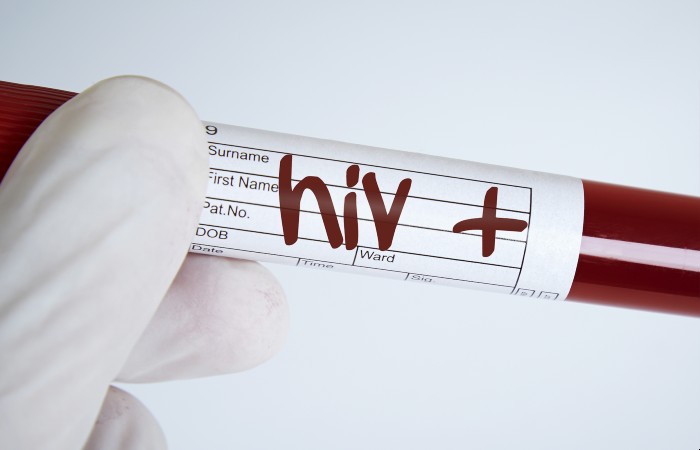HIV prevention injection to be made available on NHS in coming months
In News
Follow this topic
Bookmark
Record learning outcomes
An injection which helps prevent HIV will be made available on the NHS for people who are unable to take the oral drug PrEP.
NHS England (NHSE) said about 1,000 people at risk of the virus will have access to the “long-acting” injection called cabotegravir “in the coming months”, after it was approved by the National Institute for Health and Care Excellence.
Patients who cannot take PrEP because of medical contraindications or difficulty swallowing tablets as well as other people who normally find it hard to access health services, such as the homeless, those living in unstable housing or experiencing domestic violence, will benefit from the injection.
NHSE said it would be administered six times a year by a healthcare professional, with a single injection given one month apart for two consecutive months.
“After the second initiation injection, the recommended continuation injection dose is a single injection given every two months,” it said.
NHSE: Cabotegravir will not be made available in pharmacies for now
NHS England told Independent Community Pharmacist cabotegravir will only be made available in sexual health clinics across the country and not in community pharmacies for the time being.
New HIV diagnoses among gay and bisexual men in England fell by six per cent from 859 in 2023 to 810 in 2024, according to data from the UK Health Security Agency (UKHSA).
However, new diagnoses among Black African heterosexual men increased from 231 to 265 during the same period but fell from 441 to 418 among Black African heterosexual women.
The data also showed 146,098 of 1,379,884 HIV-negative people who accessed sexual health services needed PrEP, with 111,123 starting or continuing to take the drug.
The UKHSA also said PrEP “initiation or continuation” among people “with a PrEP need” was highest in white (79.4 per cent) and ethnic minority (77.8 per cent) gay and bisexual men but lower in Black African heterosexual women (34.6 per cent) and men (36.4 per cent) and other ethnic minority heterosexuals (43.9. per cent).

